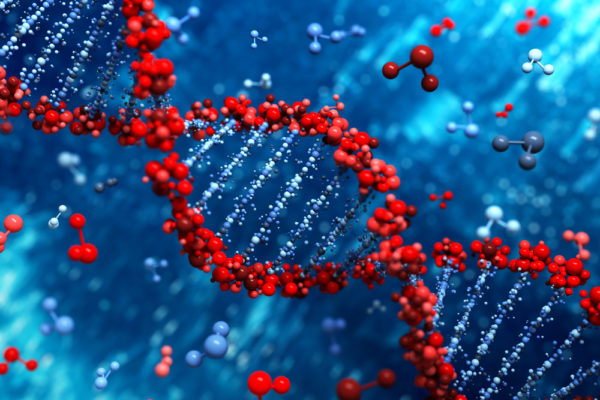
Genetic changes that crop up in an organism’s DNA may not be completely random, new research suggests. That would upend one of the key assumptions of the theory of evolution.
Researchers studying the genetic mutations in a common roadside weed, thale cress (Arabidopsis thaliana), have discovered that the plant can shield the most “essential” genes in its DNA from the changes, while leaving other sections of its genome to build up more alterations.
“I was totally surprised by the non-random mutations we discovered,” lead author Grey Monroe, a plant scientist at the University of California, Davis, told Live Science. “Ever since high-school biology, I have been told that mutations are random.”
Random mutations are an important part of the theory of evolution by natural selection, in which mutations give rise to adaptations that are passed on to offspring and alter their chances of survival. Scientists have assumed that these mutations were random and that the first step in evolution by natural selection was, therefore, also random. But this may not be entirely true, the new study suggests.

